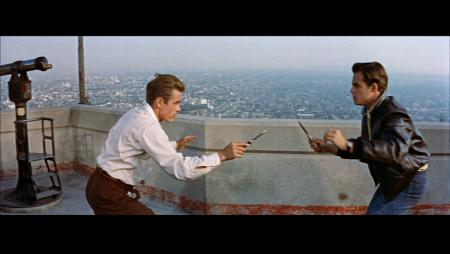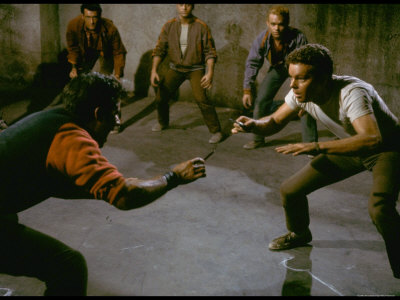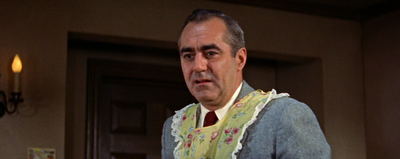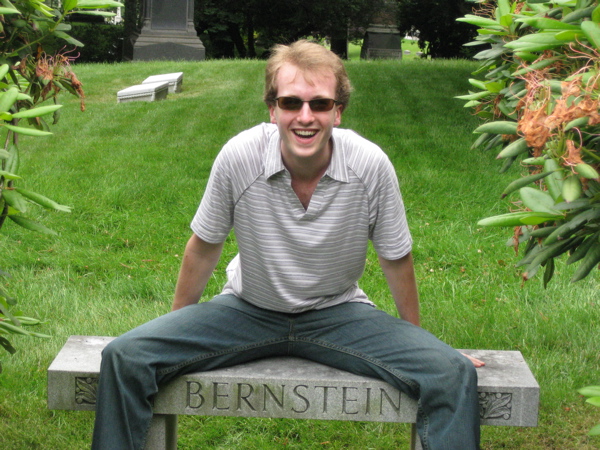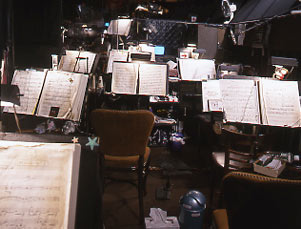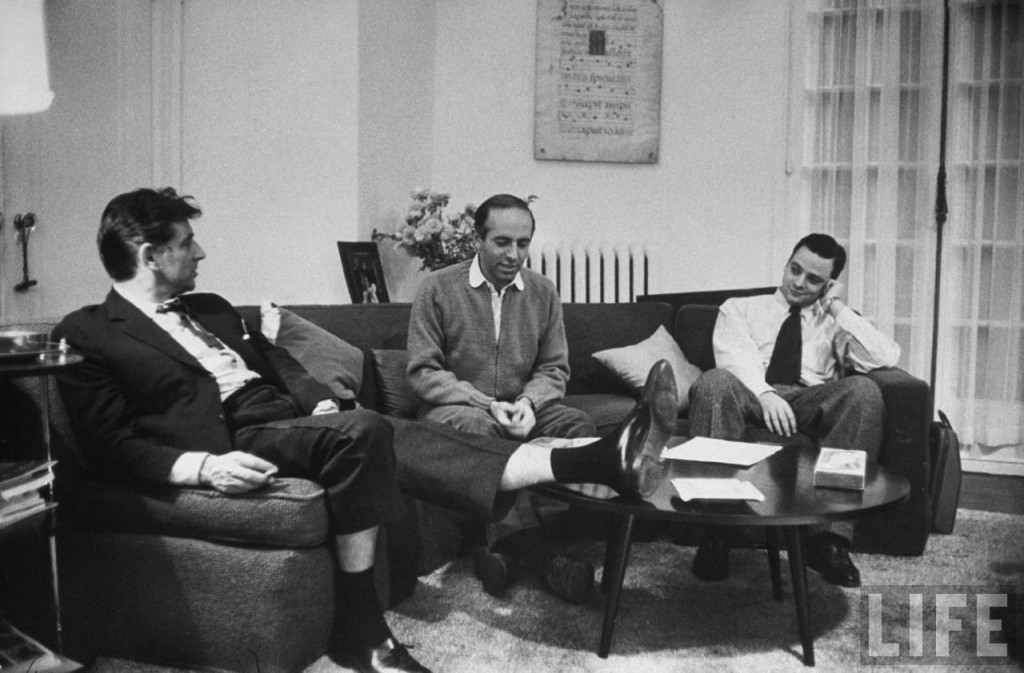Americans used to have the most marvelous way of saying the word “orchestra”, somewhere in between “awchestra” and “ohchestra”. It had a vaguely patrician ring to it and yet it was entirely of the people. I don’t think it was a regional pronunciation, although New Yorkers and Bostonites certainly pronounced that way, as did everyone in the movies.
Now it’s time for a reader vote. I’ve amassed a small collection of 20th and 21st century personalities, all Americans, saying “orchestra”. Included are some notable hangers-on to the old tradition. Whose version of the word “orchestra” do you like the best? Leave your vote in the comments section!
Aaron Copland https://www.willcwhite.com/audio/aaron%20copland.mp3
Perhaps the finest representative version of the old-style way of saying “orchestra”. Quite pleasant and mellifluous.
Frank Sinatra https://www.willcwhite.com/audio/aaron%20copland.mp3
Surprisingly, this is a pretty modern rendition, although I’m quite sure that if I did a little more digging, I would find Frank saying “orchestra” with more of the original flavor to it.
Nelson Riddle https://www.willcwhite.com/audio/aaron%20copland.mp3
Again, somewhere in the middle, but closer to the modern way.
Loren Maazel https://www.willcwhite.com/audio/aaron%20copland.mp3
A very classic, very patrician reading, for a very classic, very patrician sort of man. [His “Nawth Korean” ain’t bad either.]
Elmer Bernstein https://www.willcwhite.com/audio/aaron%20copland.mp3
Elmer “No Relation” Bernstein falls slightly on the classic side of the dividing line.
Charlie Rose https://www.willcwhite.com/audio/aaron%20copland.mp3
For me, Charlie has about the best rendition of “orchestra” of anyone under 70. An interview between him and Loren Maazel is a match made in heaven and a symphony of syllables when it comes to this word.
Lenny https://www.willcwhite.com/audio/aaron%20copland.mp3
Lenny’s version is definitely in the classic category, though there are plenty of examples of him saying “orchestra” that have a more modern twist. This particular version leans heavily on the “ohchestra” side of things and has a vaguely British quality to it.
Larry David https://www.willcwhite.com/audio/aaron%20copland.mp3
Larry David’s version is a fascinating one — his “awk” is very purely classic, and he really breaks up the rest of the syllables.
I really think that a revolution is afoot and that we can get the word “orchestra” back to being pronounced the way it ought to be. It is our American birthright.
So, please do leave a comment about who says “orchestra” your favorite way, and which way might work best for you!
